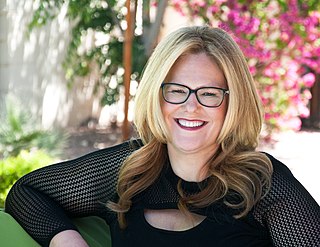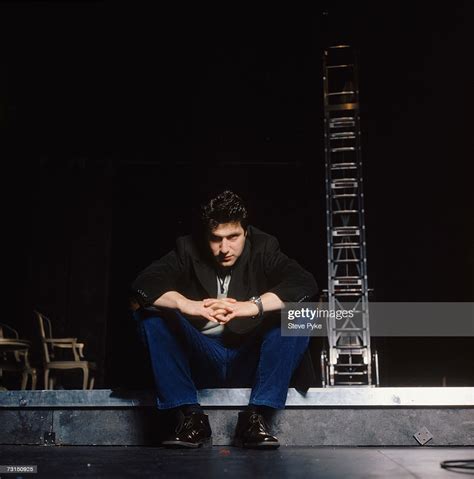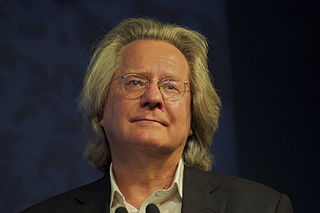A Quote by Shonda Rhimes
The best stories are often true...The narrative of human life is most beautiful when told truthfully and without boundaries.
Related Quotes
To read fiction means to play a game by which we give sense to the immensity of things that happened, are happening, or will happen in the actual world. By reading narrative, we escape the anxiety that attacks us when we try to say something true about the world. This is the consoling function of narrative — the reason people tell stories, and have told stories from the beginning of time.
Everything has boundaries. the same holds true with thought. you shouldn't fear boundaries, but you also should not be afraid of destroying them. that's what is most important if you want to be free: respect for and exasperation with boundaries. what's really important in life is always the things that are secondary.
Our stories are all stories of searching. We search for a good self to be and for good work to do. We search to become human in a world that tempts us always to be less than human or looks to us to be more. We search to love and to be loved. And in a world where it is often hard to believe in much of anything, we search to believe in something holy and beautiful and life-transcending that will give meaning and purpose to the lives we live.
I think the novel is essentially a comic form (tragedy is for the theatre), not meaning by that full of jokes, but that it is about the absurd detail of human life, the way in which one cannot fully understand what is happening. Life is muddle and jumble and ends inconclusively, and when this is presented with great comic art the sorrows of human life can be truthfully conveyed; one is moved by the spectacle, and feels that something truthful has been told in a magic way.
I learned a lot from the stories my uncle, aunts, and grandparents told me: that no one is perfect but most people are good; that people can't be judged only by their worst or weakest moments; that harsh judgements make hypocrites of us all; that a lot of life is just showing up and hanging on; that laughter is often the best, and sometimes only response to pain.




































